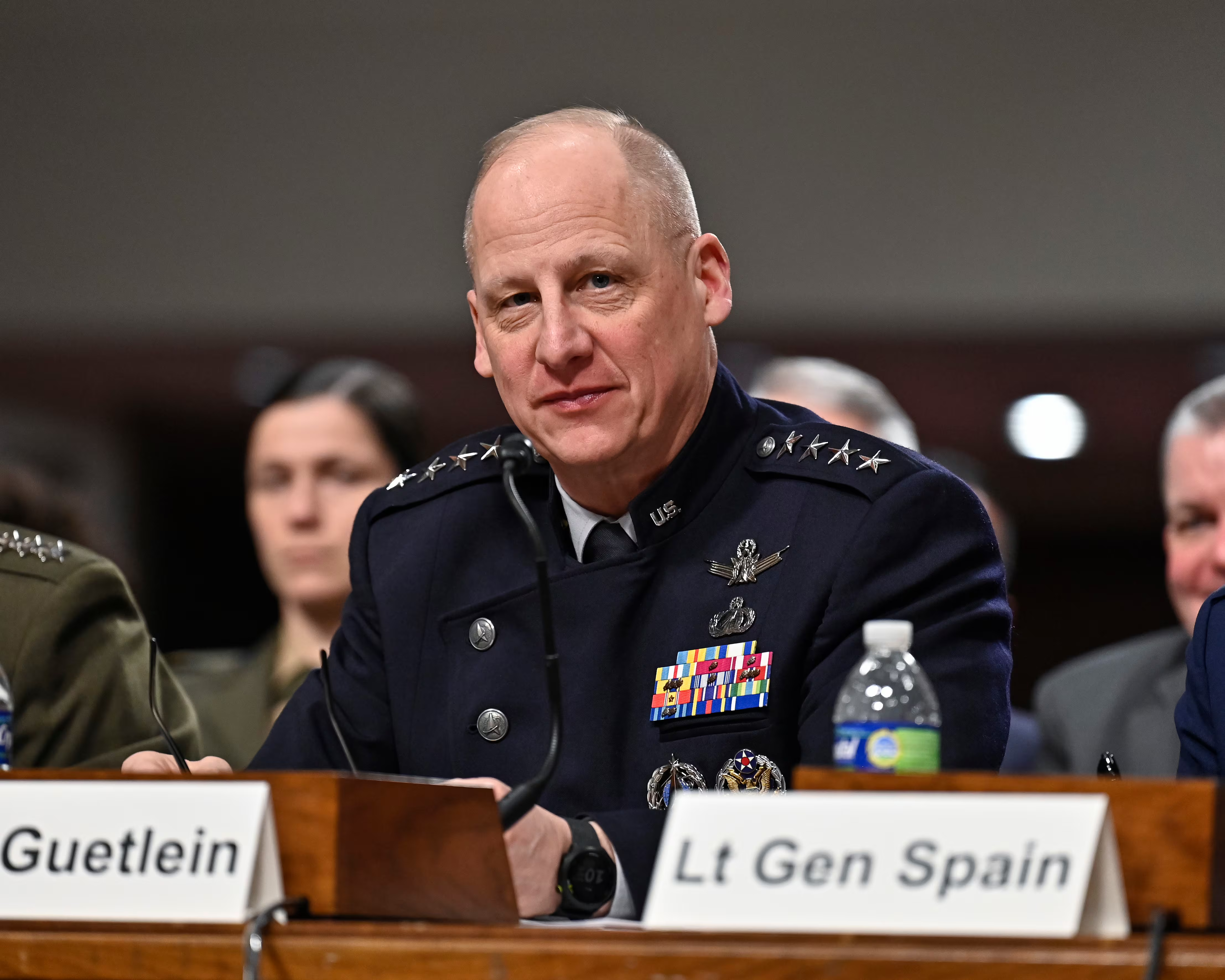WASHINGTON — An “Arab NATO” is as ambitious as it may be far-fetched — acknowledging common interests, but not the tensions that permeate the region. Defense News asked Emile Hokayem, senior fellow for Middle East security with the International Institute for Strategic Studies, about the odds of success.
Do you see the idea of the “Arab NATO” as realistic?
The crisis between Saudi Arabia and Qatar is just the latest of many structural and political obstacles in the way of an “Arab NATO.” Building a security alliance among relatively young, competitive states has always been a hard task, and the Gulf Cooperation Council was never able to transcend the mistrust between its members. Even the 1990 invasion of Kuwait by Iraq did not spur new momentum for upgrading the GCC defense dimension. It is unlikely that the U.S. will be able to help them do so in meaningful ways.
The small Gulf states understand that any security integration is poised to enhance the power of Arabian Peninsula giant Saudi Arabia. Iran is not the only would-be hegemon to manage. They will play ball to please the U.S., but they will be followers rather than leaders.
Is fear of Iran enough to bind those countries together?
Prior to 2011, countering Iran could have served as an arguably weak glue for the Gulf states. Even then, though, efforts to formalize U.S.-GCC ties failed. Gulf states preferred and continue to favor bilateral strategic dialogues that gave them greater leverage. Operationally, cooperation on missile defense, maritime security and other initiatives always required an active U.S. role.
RELATED

How does the Yemen situation impact a potential alliance?
Yemen illustrates the worst f ears of the Gulf states. A populous, crumbling state at their immediate periphery that could host a Hezbollah-in-the-making. Of course, the Saudi intervention increased this prospect. So several Gulf states will be tempted to argue that any “Arab NATO” should tackle the Yemen problem as high priority, but the U.S. is likely to push back, and countries such as Qatar, Oman and Kuwait will resist any direct involvement. Yemen will shape how key actors in the U.S. will view such an alliance. Resistance from many corners is likely, and this could adversely impact the Gulf states, which have always preferred direct exchanges to the White House.
Aaron Mehta was deputy editor and senior Pentagon correspondent for Defense News, covering policy, strategy and acquisition at the highest levels of the Defense Department and its international partners.








